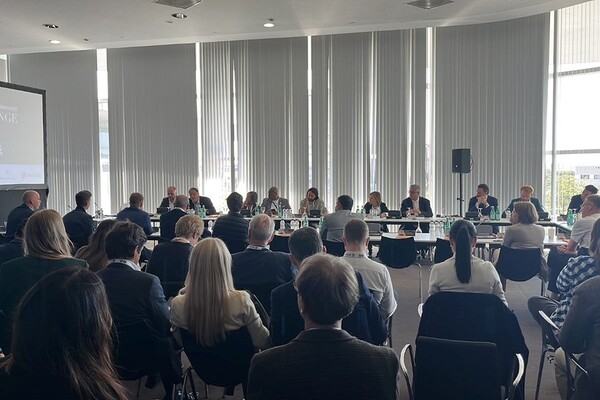24 - 25 June 2025 | Online & In-Person (London)
Bringing Cities Together to Inspire Climate Action
Cities Climate Action Summit
60
Speakers
2000+
Delegates
Inspiring
Keynotes
Fireside
Chats
Roundtable
Discussions
Networking
A session dedicated to exploring the transformative potential of sensor networks in urban environments for monitoring and evaluating the effectiveness of climate action initiatives. This session is designed to demonstrate the intersection of ‘traditional’ smart city technology with cities’ most significant environmental challenges, and how becoming a smart city leader now also means becoming a climate leader. Talking points include:
Spatial coverage and distribution – the discussion will delve into the potential of sensor networks to achieve spatial coverage and granularity, enabling a comprehensive understanding of environmental conditions at various scales within cities. Panellists will explore how sensor networks can capture localised variations, identify pollution hotspots, and facilitate targeted interventions in specific areas or neighbourhoods.
Data quality and calibration – the session will also focus on the challenges associated with data quality and calibration in sensor networks. The panel will explore strategies for ensuring accurate and reliable data collection, addressing calibration issues, and validating sensor measurements to enhance the credibility and usefulness of the collected data. This extends into the role of collaboration and stakeholder engagement across the city to gain a fuller picture of the environmental situation, and the need to keep data security and privacy tight – particularly when it comes to any data sharing agreements with other stakeholders.










